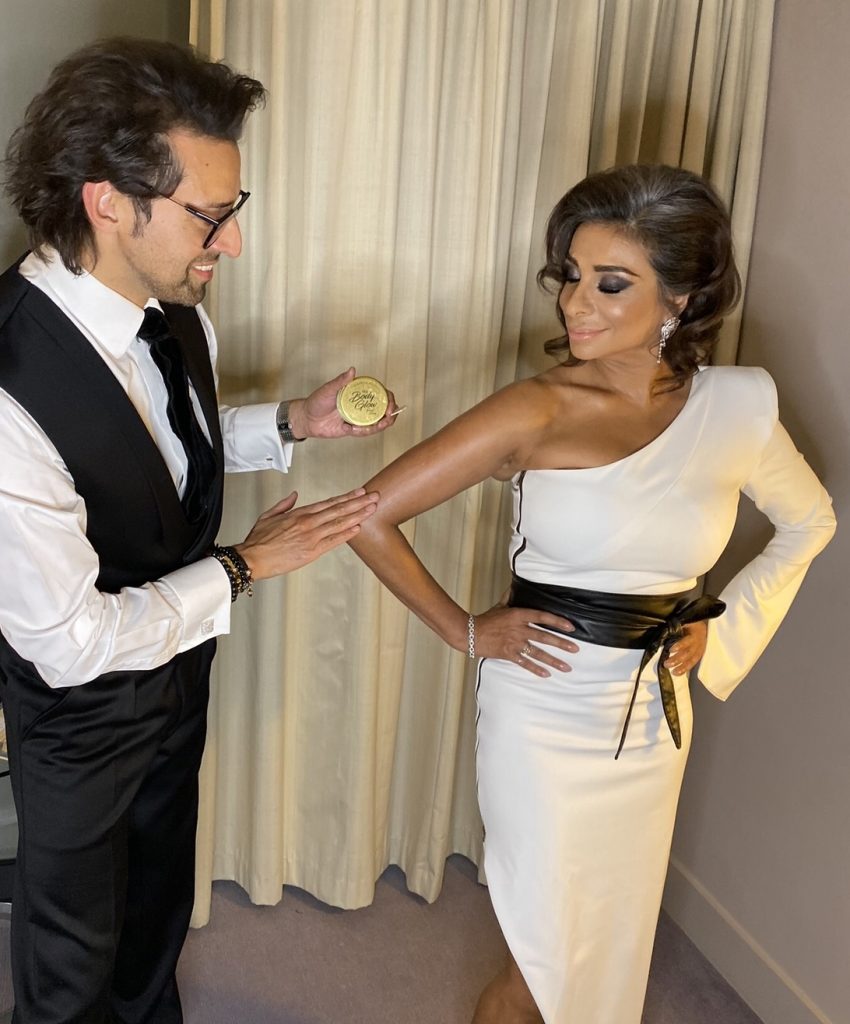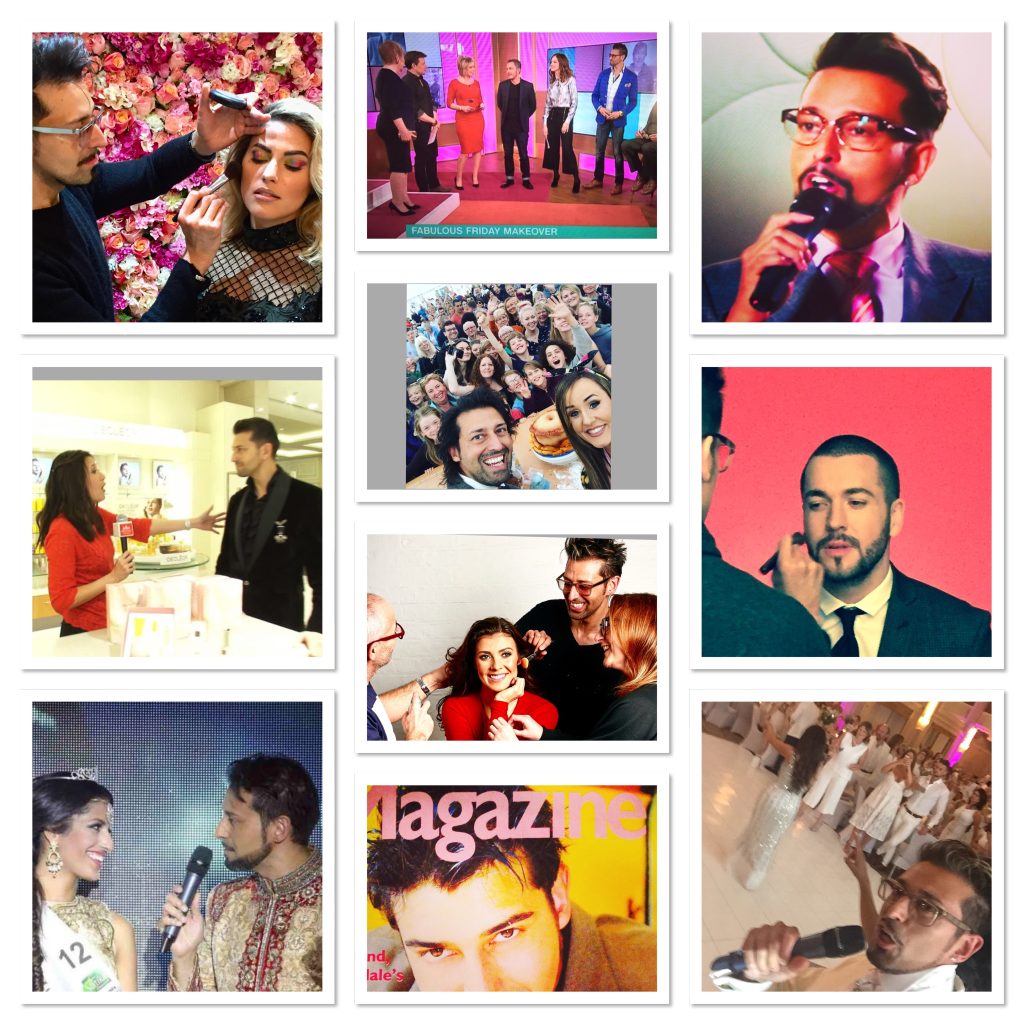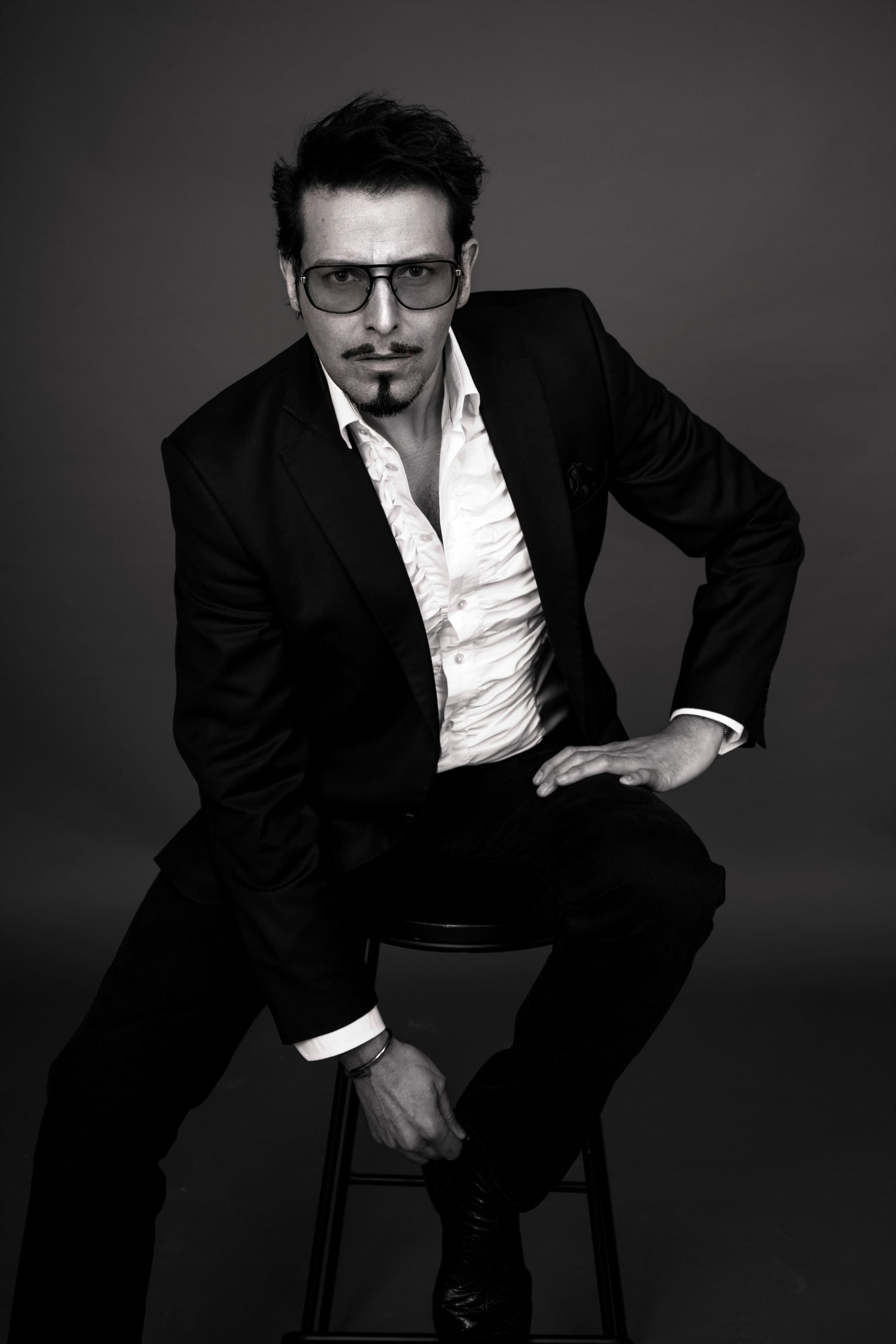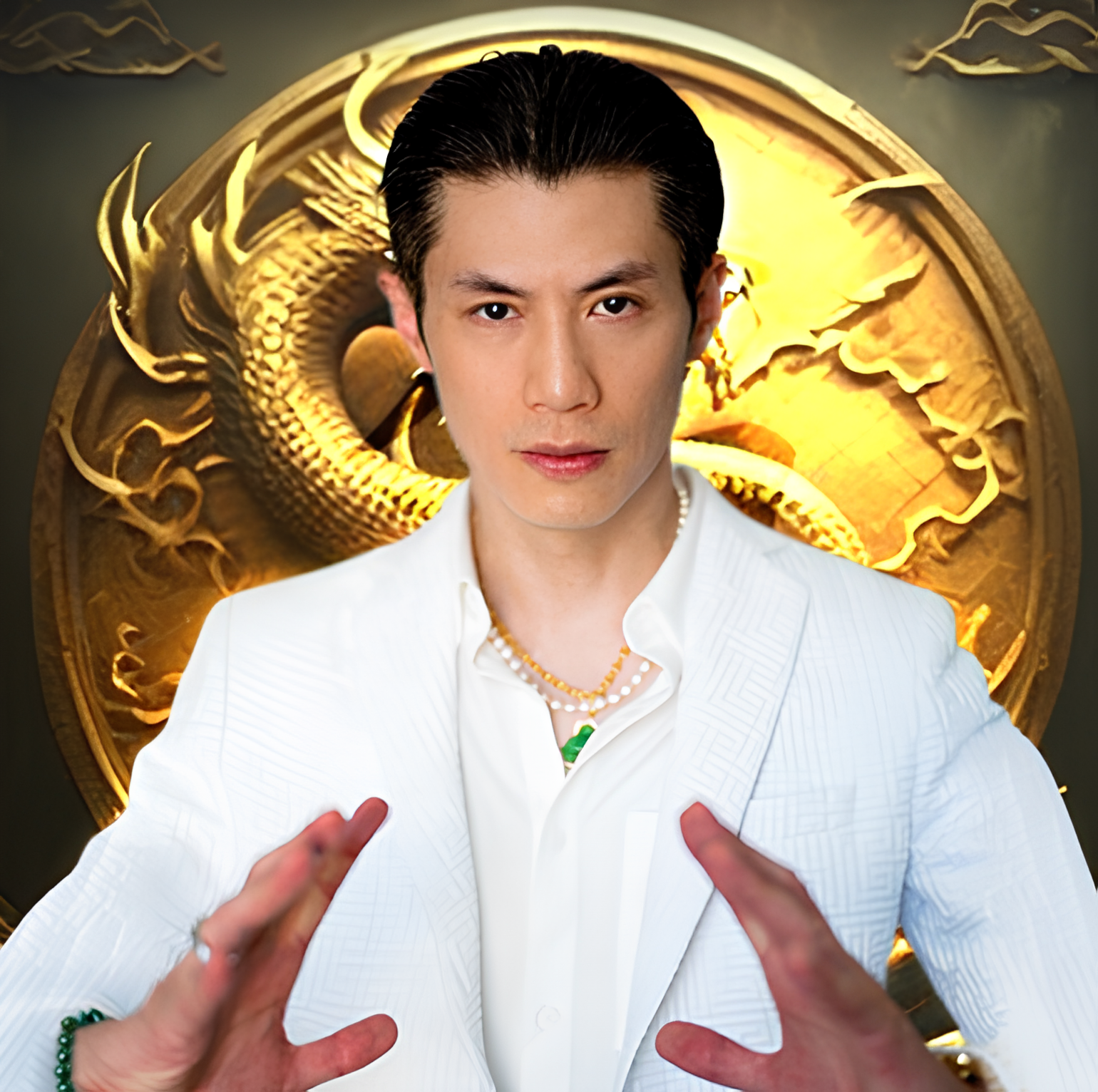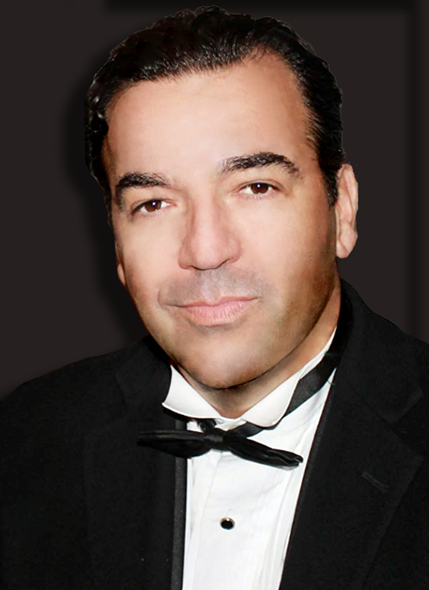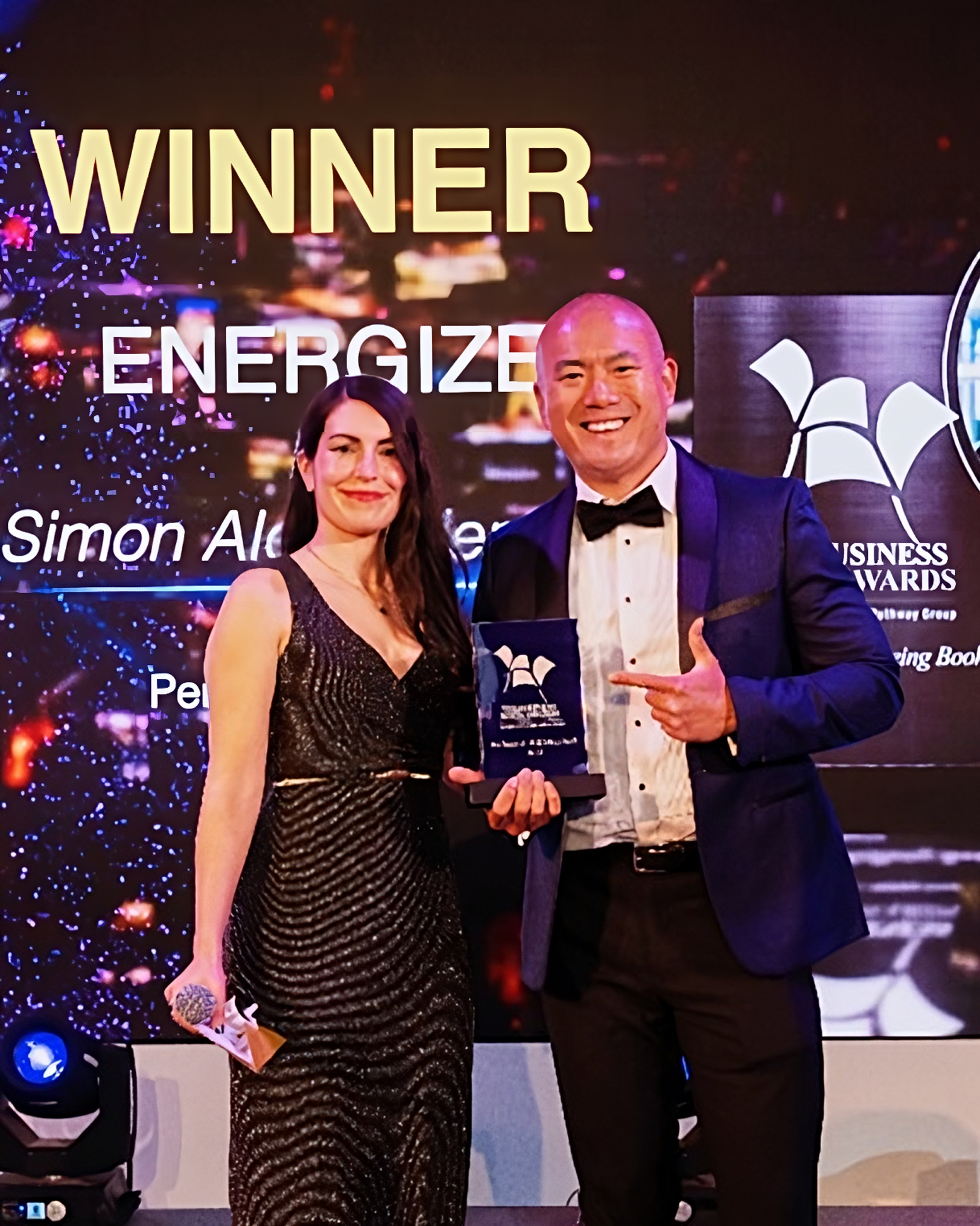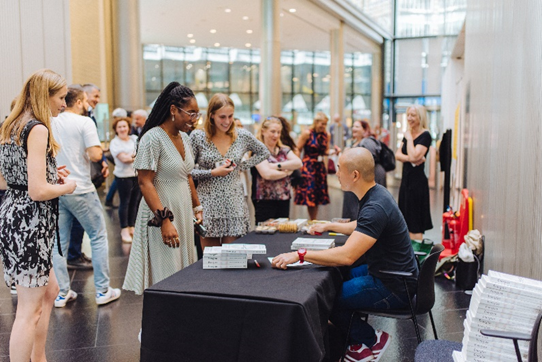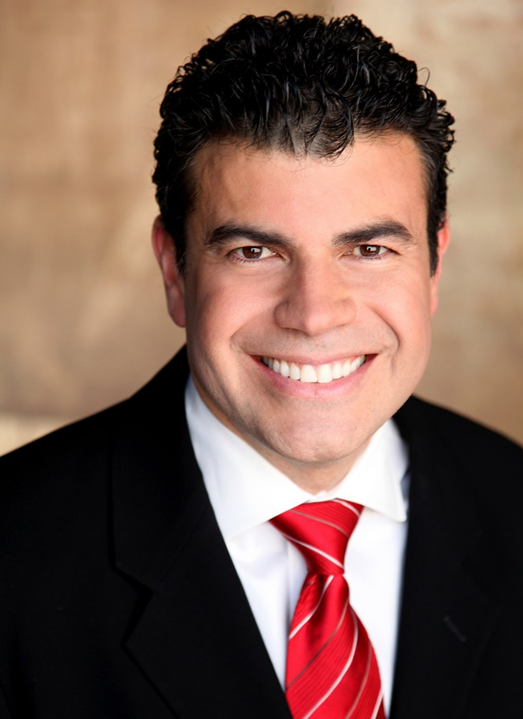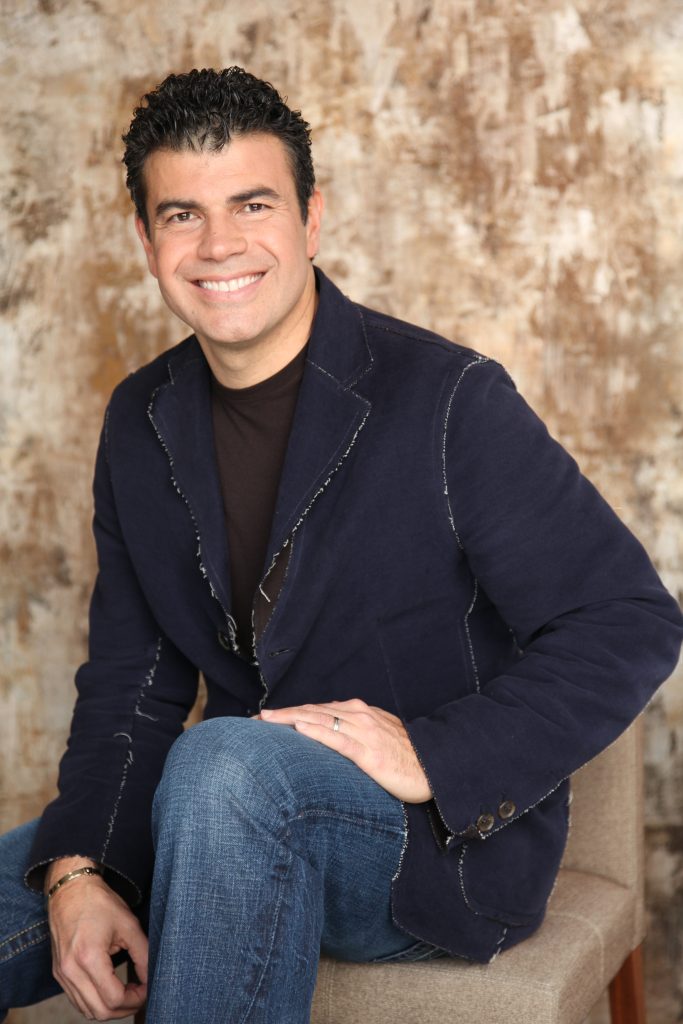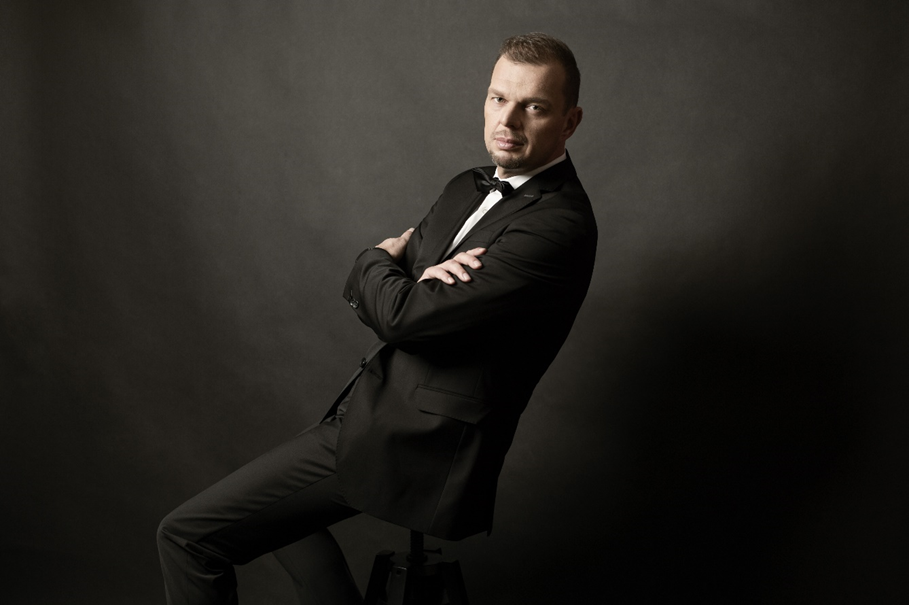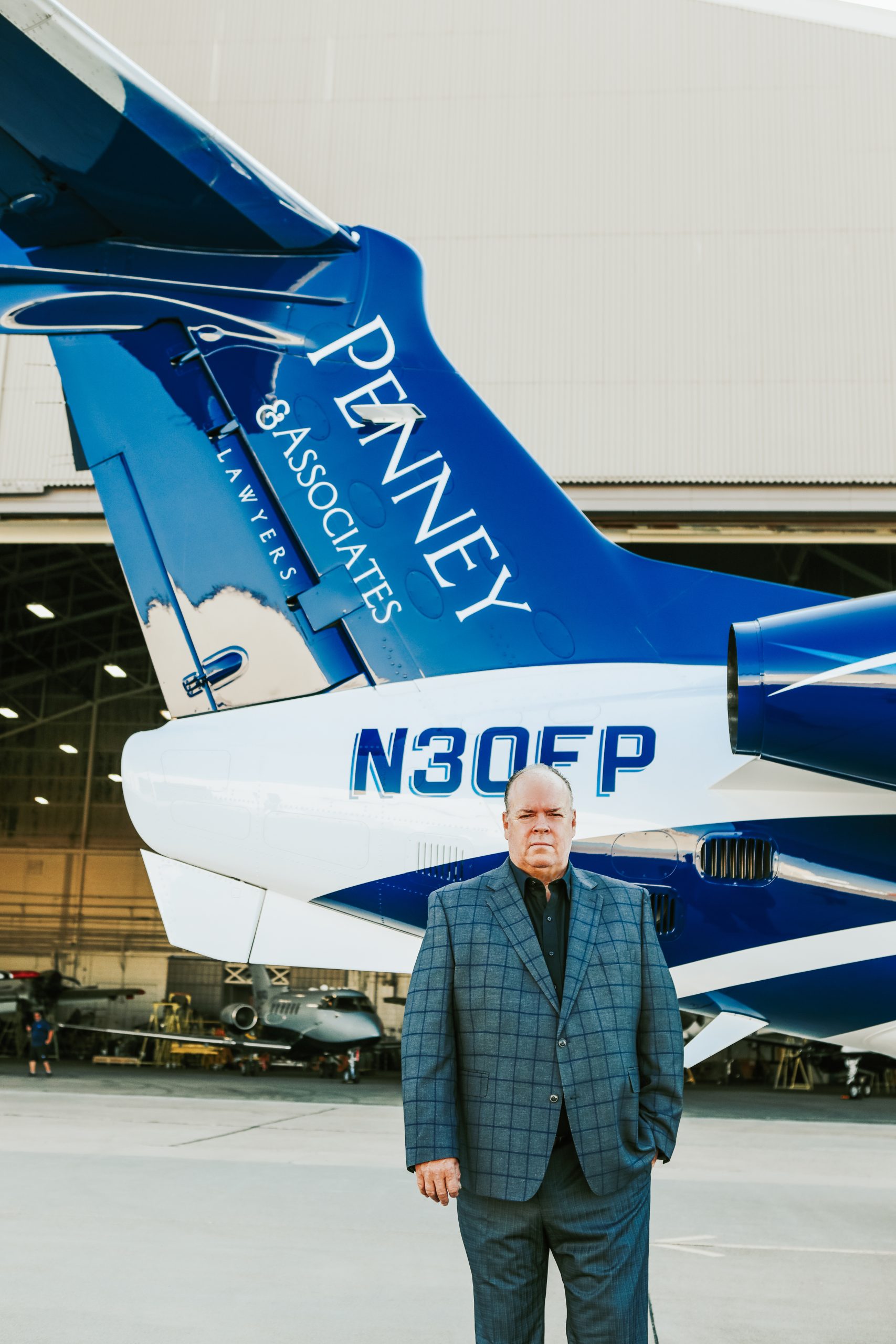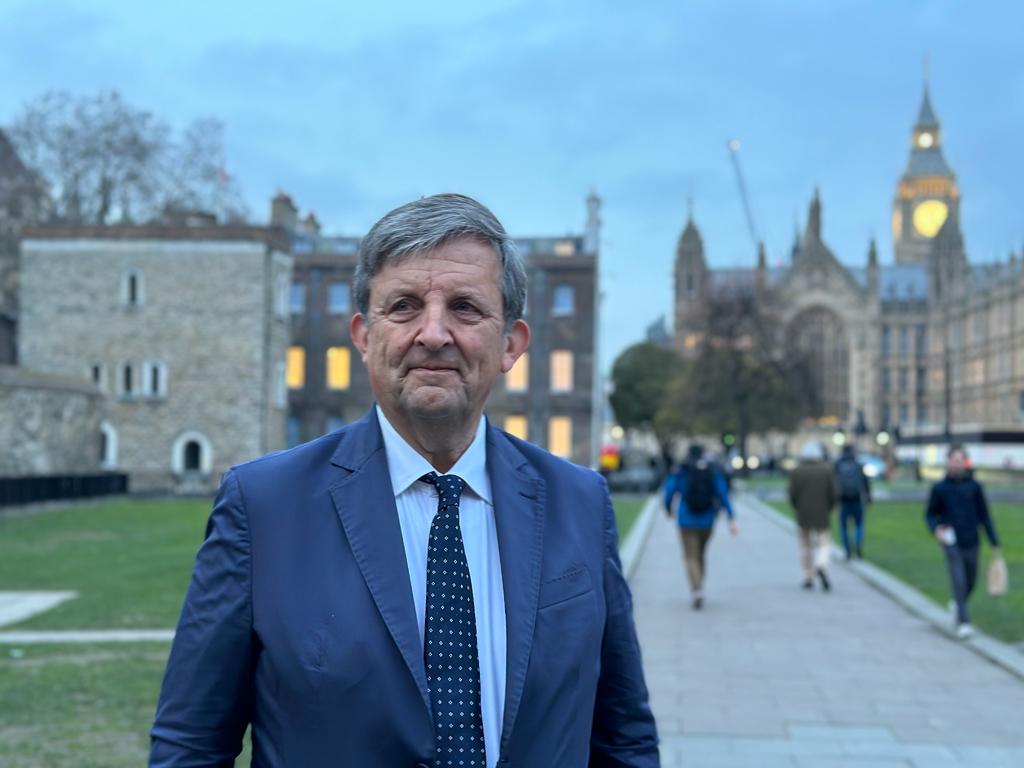As a publication devoted to the modern, ambitious, and globally-minded man, Global Man Magazine is excited to bring to you a thought-provoking conversation with a man who embodies these very characteristics. We present an exclusive interview with one of the world’s most influential figures in wellness and integrative healthcare – a consultant, a best-selling author, a speaker, and a powerful advocate for self-healing and healthy living, Dr. Fab Mancini.
From advising governmental and civic organizations, including the White House Commission for Complementary and Alternative Medicine, to transforming organizations’ approach to wellness, Dr. Mancini has made waves across different sectors and continents. He has served as the President/CEO and President Emeritus of Parker University, and his bestselling book, “The Power of Self-Healing,” has become a global phenomenon, inspiring individuals to tap into their body’s natural ability to heal itself. In this insightful interview, Dr. Mancini takes us on his remarkable journey, sharing the challenges, opportunities, and powerful stories that have shaped his career and the field of integrative healthcare.
[ez-toc]
As a global executive and consultant in wellness and integrative healthcare, what do you consider to be the most significant challenges and opportunities in promoting self-healing and healthy lifestyles on a global scale?
When it comes to promoting self-healing and healthy lifestyles on a global scale, there are both significant challenges and incredible opportunities that lie before us, especially for high achievers. One of the most significant challenges is shifting the mindset of individuals from a reactive approach to health, where we wait until something goes wrong before taking action, to a proactive approach that prioritises prevention and self-care.
Imagine your body as a finely tuned instrument, like a sleek sports car. Just as you invest time and resources into maintaining and optimizing your car’s performance, you must do the same for your body. The opportunity lies in recognizing that your body is a self-healing marvel, capable of restoring and rejuvenating itself when given the proper conditions and care.
To seize this opportunity, I recommend starting with small, actionable steps that align with your busy lifestyle. Begin by incorporating mindful moments throughout your day, whether it’s a few minutes of deep breathing or a brief meditation session. Cultivate a nourishing relationship with food, choosing whole, unprocessed ingredients that fuel your body and mind. Engage in regular physical activity that you enjoy, whether it’s a dance class, yoga session, or brisk walk in nature.
The science supports these practices, showing that mindfulness reduces stress levels, proper nutrition strengthens immune function, and exercise releases endorphins that boost mood and overall well-being. By prioritizing these practices and integrating them into your daily routine, you can gradually transform your life and inspire others to do the same.
You have worked with various organizations and individuals to transform their approach to wellness and healthcare. Could you share a particularly memorable success story that highlights the impact of your work?
Let me share a memorable success story that exemplifies the impact of my work. I once worked with a high-powered executive, much like your readers, who was constantly under immense pressure to perform and deliver results. She had neglected her well-being for years, sacrificing sleep, healthy eating, and exercise in pursuit of professional success.
During our coaching sessions, we discussed the importance of self-care and how it ultimately enhances productivity and effectiveness. We explored practical strategies to incorporate wellness into her demanding schedule, such as creating a morning routine that included exercise, setting boundaries to ensure adequate rest, and adopting healthier eating habits.
Over time, she began to experience profound changes. She had more energy, improved focus, and a renewed sense of purpose. She became an inspiring example to her team, advocating for work-life balance and prioritizing employee well-being. This cultural shift resulted in increased productivity, reduced turnover, and improved overall company performance.
The transformative power of this success story lies in recognizing that investing in our own well-being not only benefits us individually but also has a ripple effect on our organizations and the people around us. By prioritizing self-care and leading by example, we can create a positive and thriving work environment that supports the holistic health of all.
With your expertise in executive leadership, what advice would you give to aspiring leaders in the wellness industry who aim to create a vision for growth, profitability, and value?
First, it’s essential to clarify your purpose and define your unique value proposition. What makes your approach to wellness distinct? What specific problems do you solve? Understanding your unique contribution will help you stand out in a crowded market and attract clients and partners who resonate with your vision.
Second, embrace a growth mindset. View challenges as opportunities for learning and expansion. Stay curious and open to new ideas and research, always seeking to integrate the latest evidence-based practices into your offerings. Continually educate yourself to remain at the forefront of the wellness industry and position yourself as a thought leader.
Third, foster collaboration and strategic partnerships. Surround yourself with like-minded individuals and organizations that share your values and complementary expertise. By joining forces, you can amplify your impact and create a collective movement towards a healthier world.
Finally, lead by example. Walk the talk and embody the principles you espouse. Your personal well-being and success serve as a powerful testament to the effectiveness of your approach. By living a balanced, purpose-driven life, you inspire others to follow suit and become ambassadors of wellness themselves.
As an author, speaker, and media personality, you have been influential in educating and motivating others to improve their health and wellness. How do you ensure that your message resonates with diverse audiences across different cultures and languages?
As a global author, speaker, and media personality, my aim is to ensure that my message resonates with diverse audiences across different cultures and languages. I achieve this by focusing on universal principles and values that transcend cultural boundaries.
One of the key principles is the acknowledgment of our shared humanity. Regardless of our cultural backgrounds, we all aspire to live a fulfilling and healthy life. By emphasizing this common goal, I create a bridge of understanding that allows my message to resonate with individuals from all walks of life.
Another strategy I employ is the use of relatable metaphors and personal examples. I believe stories have a unique power to connect people, and I often share narratives that illustrate the transformative potential of self-healing and healthy lifestyle choices. By providing vivid and relatable anecdotes, I tap into the emotions and experiences that are universally understood and appreciated.
Furthermore, I prioritise the translation and adaptation of my work into different languages and cultural contexts. By working with professional translators and cultural consultants, I ensure that my message retains its authenticity and relevance when shared with diverse audiences.
Ultimately, the key lies in approaching each interaction with empathy and cultural sensitivity. By recognizing and respecting the uniqueness of each individual and community, we can create a more inclusive and empowering dialogue around health and wellness.
Having served as President/CEO and President Emeritus of Parker University, what strategies did you implement to transform the institution into a growing accredited university meeting the evolving needs of the healthcare industry?
First, I focused on fostering a culture of innovation and collaboration. By encouraging interdisciplinary partnerships and creating platforms for knowledge exchange, we harnessed the collective intelligence of our faculty, staff, and students. This collaborative approach allowed us to stay ahead of emerging trends and adapt our curriculum and programs accordingly.
Second, I emphasised the integration of technology and cutting-edge research. We invested in state-of-the-art facilities and equipment, ensuring that our students had access to the latest advancements in healthcare. By embracing technology, we expanded our educational reach beyond traditional boundaries, offering online courses and virtual learning opportunities.
Third, we cultivated strong relationships with industry leaders and practitioners. Through partnerships and advisory boards, we gained valuable insights into the evolving needs and demands of the healthcare sector. This allowed us to tailor our educational offerings to align with real-world requirements and provide our graduates with a competitive edge.
Lastly, I prioritised the well-being and personal growth of our students. Recognizing that healthcare professionals must embody the principles they teach, we incorporated wellness and business education into our curriculum. We empowered our students to embrace self-care, resilience, and a holistic approach to health, ensuring that they were not only knowledgeable practitioners but also exemplars of well-being.
By implementing these strategies, we positioned Parker University as a leading institution that not only met the needs of the healthcare industry but also prepared compassionate and empowered healthcare professionals to make a positive impact in the world.
You have advised governmental and civic organizations, including the White House Commission for Complementary and Alternative Medicine. What role do you see for complementary and alternative medicine in the future of healthcare, and how can it be integrated effectively?
When it comes to the future of healthcare, I firmly believe that complementary and alternative medicine (CAM) has a vital role to play. CAM offers a holistic and patient-centered approach that complements conventional medicine, focusing on prevention, empowerment, and the body’s innate ability to heal.
Just as diverse ecosystems thrive with a wide range of plant and animal species, our healthcare system can flourish by embracing a diverse array of healing modalities. Integrating CAM effectively requires a shift in perspective, from a narrow focus on disease management to a broader understanding of health promotion and well-being.
To achieve this integration, I recommend three action steps:
First, we must foster collaboration and open dialogue between conventional and complementary practitioners. By creating forums for knowledge exchange and mutual respect, we can bridge the gap and establish a cohesive and comprehensive approach to healthcare.
Second, we need to prioritise research and evidence-based practices in the field of CAM. Robust scientific studies and clinical trials are essential for validating the effectiveness and safety of CAM modalities. By supporting and participating in research efforts, we can build a solid foundation of evidence that allows CAM to be integrated into mainstream healthcare.
Lastly, education plays a critical role. We must equip healthcare professionals with the knowledge and skills to understand and appreciate the benefits of CAM. By incorporating CAM education into medical and healthcare training programs, we empower future practitioners to embrace a truly integrative approach and provide the best care possible.
By integrating CAM effectively, we can create a healthcare system that harnesses the best of both worlds, optimizing patient outcomes, and enhancing overall well-being.
Your best-selling book, “The Power of Self-Healing,” has inspired countless individuals. Could you share a personal anecdote or testimonial that exemplifies the transformative power of self-healing?
A few years ago, I was approached by a high-achieving executive who was struggling with chronic stress, anxiety, and burnout. Despite her professional success, she felt trapped in a cycle of exhaustion and disconnection from herself and her loved ones.
During our sessions, we explored the power of self-healing and the importance of addressing the underlying causes of her stress. We delved into the concept of self-care and the transformative potential of simple practices like mindfulness, gratitude, Chiropractic care and conscious breathing.
Over time, she began to incorporate these practices into her daily routine. She set aside time for self-reflection and self-care, nurturing her body, mind, and spirit. Gradually, she noticed profound changes. Her stress levels reduced, and she gained a newfound sense of clarity, resilience, and joy.
But the transformation didn’t stop there. As she experienced the profound benefits of self-healing, she became an advocate within her organization. She implemented wellness initiatives, created spaces for mindfulness and stress reduction, and encouraged her team members to prioritise self-care.
The impact was remarkable. Employee morale improved, productivity soared, and absenteeism decreased. The organization became a beacon of well-being, attracting top talent and earning a reputation as an employer that truly cared about the holistic well-being of its staff.
This personal anecdote exemplifies the transformative power of self-healing. When we embark on a journey of self-discovery and prioritise our well-being, we not only transform ourselves but also have the potential to create a ripple effect of positive change in our personal and professional lives.
In your experience as a consultant to businesses, governments, and non-profits, what innovative strategies have you recommended to expand market share for product-driven companies while reducing healthcare costs?
Here are a few actionable steps:
First, emphasise prevention and wellness. Shift the focus from reactive treatment to proactive wellness by creating products and services that support healthy lifestyles and preventive care. By targeting the root causes of health issues and providing resources for self-care, companies can reduce the need for costly interventions down the line.
Second, leverage technology and data analytics. Embrace digital solutions that empower individuals to take control of their health and well-being. Develop smart devices, wearables, and apps that provide personalised insights, tracking, and guidance. By leveraging data analytics, companies can gain valuable insights into consumer behavior, preferences, and trends, allowing them to tailor their offerings accordingly.
Third, prioritise employee well-being. Recognise that healthy and engaged employees are the foundation of a thriving organization. Implement comprehensive wellness programs that go beyond traditional healthcare benefits. Offer mindfulness training, stress reduction initiatives, Chiropractic care and resources for work-life balance. By investing in the well-being of your employees, you foster a culture of productivity, loyalty, and innovation.
Lastly, cultivate strategic partnerships. Collaborate with other organizations in the wellness and healthcare industry to create synergistic solutions. By combining resources, expertise, and networks, companies can expand their market reach, reduce costs through shared investments, and provide comprehensive solutions to consumers.
By implementing these innovative strategies, product-driven companies can differentiate themselves, attract a broader customer base, and contribute to a healthier society while reducing overall healthcare costs.
Your radio show, “Self-Healing with Dr. Fab,” has reached a wide audience. What motivated you to start the show, and what impact do you believe it has had on promoting a positive lifestyle and self-healing practices?
The motivation behind my radio show, “Self-Healing with Dr. Fab,” stems from a deep desire to empower individuals and promote a positive lifestyle rooted in self-healing practices. The show serves as a platform for sharing knowledge, inspiration, and practical tips for cultivating well-being.
I believe in the power of education and the transformative potential of information. Through my show, I aim to reach a wide audience and provide them with actionable tools and insights that they can apply to their daily lives.
Each episode of “Self-Healing with Dr. Fab” is carefully crafted to engage, inform, and inspire. I incorporate stories, metaphors, and real-life examples to make the content relatable and accessible. I invite guest experts from diverse backgrounds and cultures to offer a wide range of perspectives and expertise.
Moreover, I actively encourage audience participation. I invite listeners to submit questions and share their own experiences, creating a sense of community and shared learning. By incorporating their voices into the show, I foster a sense of ownership and empowerment, reminding individuals that they have the ability to take control of their health and well-being.
The impact of “Self-Healing with Dr. Fab” extends beyond the airwaves. Listeners have reported positive lifestyle changes, improved mental well-being, and a newfound sense of purpose. By providing a platform for education and inspiration, the show acts as a catalyst for personal transformation and a gateway to self-discovery.
With your multicultural perspective, what lessons have you learned about the importance of cultural sensitivity and inclusivity when delivering wellness and healthcare services to diverse populations around the world?
Here are a few key insights:
First and foremost, it’s crucial to recognise and respect cultural differences. Every culture has its own unique beliefs, traditions, and practices related to health and well-being. By approaching each individual and community with curiosity, openness, and humility, we can learn from their wisdom and integrate culturally relevant strategies into our offerings.
Second, effective communication is essential. Language barriers can hinder understanding and trust. It’s important to provide information and resources in multiple languages and utilise interpreters when necessary. Tailor your messaging to resonate with different cultural contexts, ensuring that it is relatable and accessible to diverse populations.
Third, foster partnerships with local leaders and organizations. Collaborate with community leaders, cultural influencers, and grassroots organizations to understand the specific needs and challenges faced by different populations. By working together, we can co-create solutions that are culturally sensitive, respectful, and impactful.
Finally, continuously educate yourself and your team about cultural diversity and inclusivity. Invest in training programs and resources that promote cultural competency and sensitivity. By nurturing a diverse and inclusive mindset within your organization, you can provide better care and services that honour and embrace the unique backgrounds and perspectives of each individual.
Remember, true wellness encompasses physical, mental, and emotional well-being, and it should be accessible to all, regardless of cultural background or socio-economic status. By prioritizing cultural sensitivity and inclusivity, we can create a world where everyone has equal access to the transformative power of wellness.



